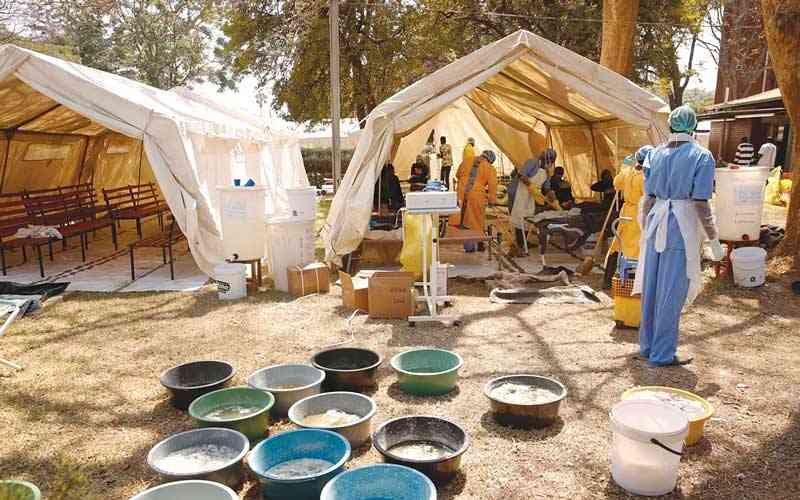
SOON after landing from his sojourn to the World Economic Forum in Davos, Switzerland, President Emmerson Mnangagwa declared: “They (Western countries) developed their industries through fossil fuels and now they do not want us to use our natural resources to also develop. We will not agree to that. They should agree with us on the timeframe to shift from thermal power to clean energy. And they should also finance the transition.”
That is well and very good, but Mnangagwa must be cautious how he intends to proceed with this issue because any move that may further isolate an already shunned Zimbabwe will not help our case.
With China, the second largest economy after the United States, also scaling down on the use of fossil fuels and even no longer financing fossil fuel projects in foreign lands, is Mnangagwa not daring to go where angels are fearing to tread?
Alternatively, we would have thought that while at Davos, Mnangagwa should have shouted himself hoarse demanding that these developed countries fund expansion of alternative sources of energy in developing countries.
In line with the 1997 Kyoto Protocol through which industrialised countries affirmed their commitment to limit and reduce emission of greenhouse gases in accordance with agreed individual targets, the developed countries also pledged to fund developing nations to green their economies by providing funds or other types of investment vehicles that promote socially and environmentally conscious policies and business practices.
The green investments also involve funding companies engaged in green transportation, alternative energy and sustainable living.
Ever since the inception of green investments in the 1990s, US$50 billion has been invested as of 2020 in greening developing economies and it would have been worth his while for Mnangagwa to argue at Davos that Zimbabwe has received very little, if any, of these funds.
Throwing caution to the wind and continuing to use ozone-damaging fossils such as coal will only result in Zimbabwe being further isolated. The country’s agricultural exports such as tobacco, which is largely cured by coal, risk being banned in foreign lands.
- Chamisa under fire over US$120K donation
- Mavhunga puts DeMbare into Chibuku quarterfinals
- Pension funds bet on Cabora Bassa oilfields
- Councils defy govt fire tender directive
Keep Reading
Instead of moaning about the unfair status quo, as far as the use of natural resources for development is concerned, Zimbabwe should see this as a blessing in disguise.
For instance, Zimbabwe has such great sunshine that it would be foolish on its part not to grab this opportunity to tap into its solar energy potential to produce even solar-powered vehicles. And it seems, ever since independence the Zanu PF government has been averse to dare its citizens to dream big.
Remember that Daniel Chingoma guy who was eager to produce Zimbabwe’s first helicopter but was threatened not to proceed with the idea. If government had supported him would Zimbabwe still be importing helicopters from other countries?
The country also has arguably the world’s largest lithium reserves, which it can exploit at will to support global initiatives to move away from petrol and diesel-powered vehicles to battery-powered modes of transport.
Let’s not moan over missed opportunities. Let us move with the times. Let us dream big. Your have the right idea Mr President, but not the motive.








